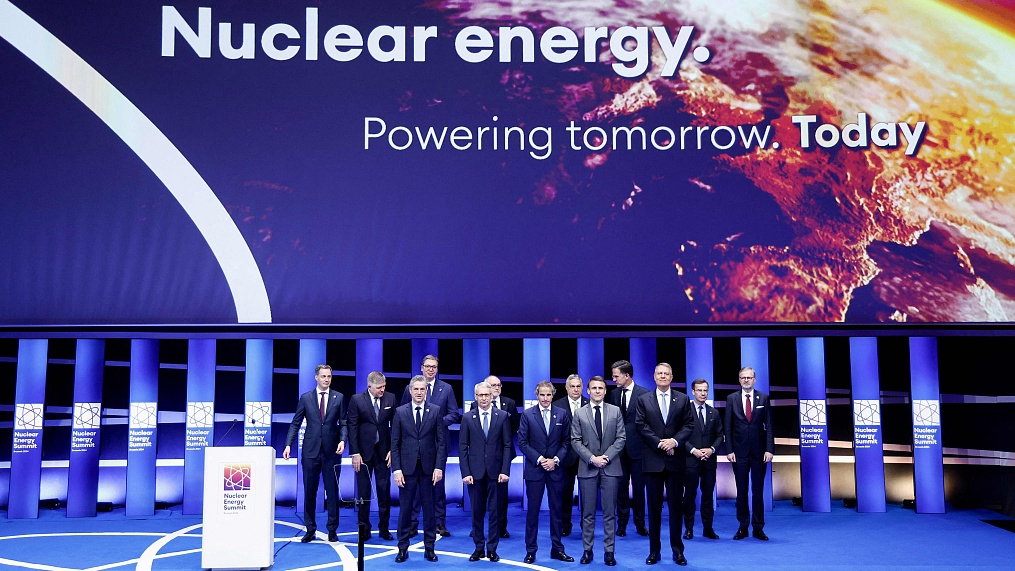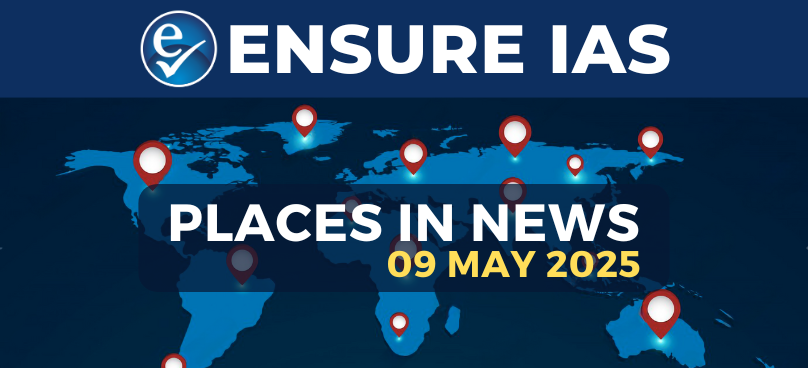- Courses
- GS Full Course 1 Year
- GS Full Course 2 Year
- GS Full Course 3 Year
- GS Full Course Till Selection
- Online Program
- GS Recorded Course
- NCERT (Recorded 500+ Hours)
- Polity Recorded Course
- Geography Recorded Course
- Economy Recorded Course
- AMAC Recorded Course
- Modern India, Post Independence & World History
- Environment Recoded Course
- Governance Recoded Course
- Science & Tech. Recoded Course
- International Relations and Internal Security Recorded Course
- Disaster Management Module Course
- Ethics Recoded Course
- Essay Recoded Course
- Current Affairs Recoded Course
- CSAT
- 5 LAYERED ARJUNA Mentorship
- Public Administration Optional
- ABOUT US
- OUR TOPPERS
- TEST SERIES
- FREE STUDY MATERIAL
- VIDEOS
- CONTACT US
WORLD'S FIRST EVER NUCLEAR ENERGY SUMMIT HELD IN BRUSSELS
WORLD'S FIRST EVER NUCLEAR ENERGY SUMMIT HELD IN BRUSSELS
02-04-2024
-1712042085544.png)
Summit was jointly organized by the International Atomic Energy Agency (IAEA) and Belgium to promote nuclear energy. Summit was attended by more than 30 nations (including India) and European Union.
- The historic inclusion of nuclear energy in the Global Stocktake at the UN Climate Change Conference (COP28) in 2023 led to the organization of an event.
- Inclusion in the Global Stocktake emphasized the need for rapid deployment of nuclear energy.
- Currently, nuclear energy is responsible for around 25 % of global low carbon electricity production.

About:
- IAEA Genesis: Established in 1957 as an autonomous international organization within the United Nations system.
- Objective: Works with its Member States and multiple partners worldwide to promote safe, secure and peaceful nuclear technologies.
- Safeguard Mechanism: The global Nuclear Non-Proliferation Treaty (NPT) and other treaties against the spread of nuclear weapons entrust the IAEA as the nuclear inspectorate.
- The IAEA has also developed additional protocol mechanisms; This enables the IAEA to verify the peaceful use of all nuclear materials in States.
- India is part of this protocol.
- Members: 178 (Including India)
- Key Initiative: Atoms4NetZero
- HQ: Vienna, Austria
Relevance and Challenges of Nuclear Energy
|


